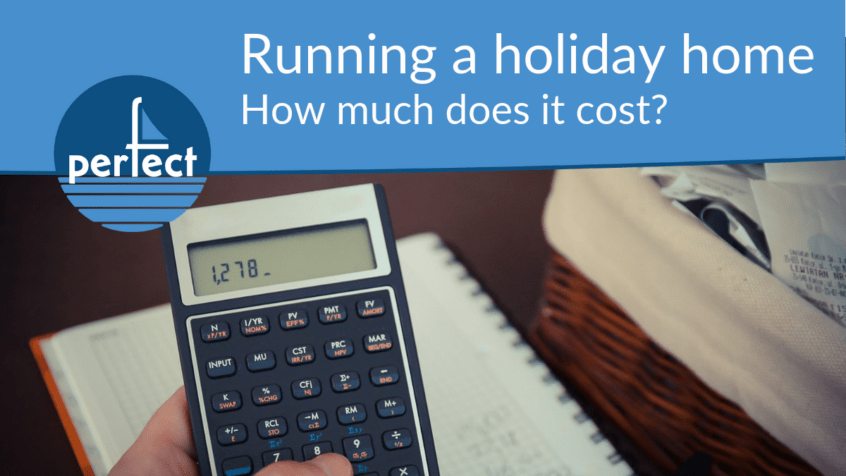Are you dreaming of leaving your corporate office job to have a simpler life? Or maybe you’ve just bought a property with the intention of running a holiday let and are trying to get a clearer picture on your future operating finances.
Before you make the final leap into being a holiday home owner, you want to be prepared and assured that your business will be viable. Budgeting and understanding where main out-going costs will come from, is key.
Holiday Home Costs; 10 considerations you need to include on your business plan.
#1 Insurance

Holiday home insurance protects you should your property be damaged but also gives safeguards you should something happen to a guest while they are staying in residence.
Whether it is for your own home or a business, insurance can feel like you’re paying out for nothing in return. Until, something awful happens and you massively appreciate that you had the safety net in position.
When you buy your own home, you know how hard you had to work for it- you value your property and its contents. When providing a holiday rental, there are occasions when guests may forget and be a bit a bit laid back about their care. Having insurance gives you back up on top of their deposit.
Holiday home insurance is a little different from the norm as properties can be left unoccupied for periods of 30 days or more leading to increased risk of theft and damage.
It is not compulsory for insurance to be in position for holiday rental businesses, however you leave yourself exposed to risk should the worst happen. If you are using a mortgage to buy your property, your lender will require this to be in position. Costs can range from £100 per year upwards of £1000, it all depends on the type, size, location and general risk to property.
#2 Cleaning
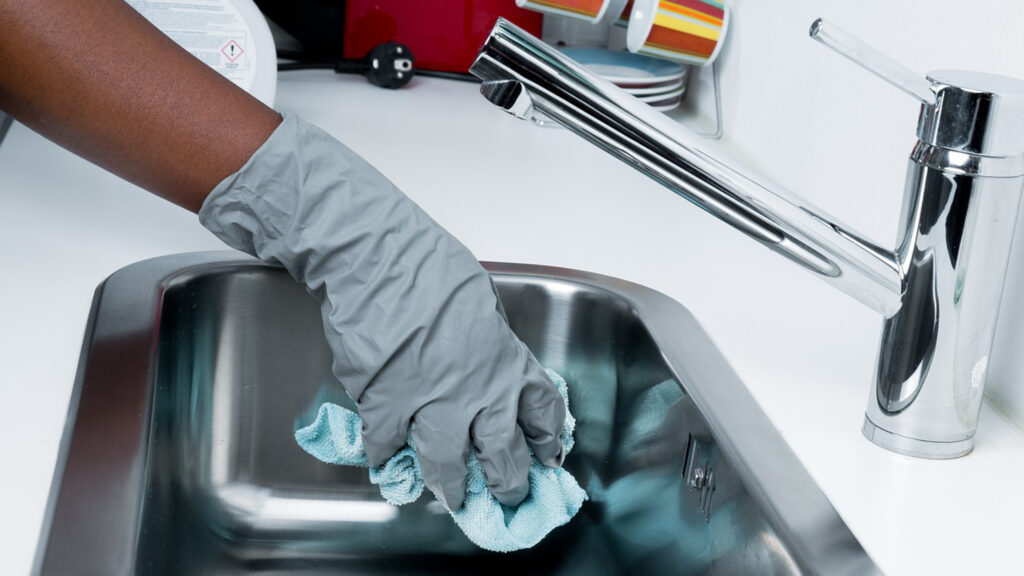
Cleanliness is of the utmost importance within short term property rentals. First impressions stick and a poorly cleaned home will quite quickly impact reviews, repeat bookings and your reputation. Your guests expect a home away from home, and one where they aren’t reminded about the previous week’s guests!
The cost all depends on if you are planning on doing it yourself or outsourcing it for speed and convenience.
DIY can be a great start-up option, especially if you are living nearby, however as the property gets busier or if you live away it can be difficult to maintain.
Cleaning takes a lot longer than most expect, why? because we tend to compare it to doing our own home which we typically do a bit a time rather than doing a top to toe in one go! Plus, you don’t tend to have to empty the fridge and put all the dishes away!
For a 4 bedroom holiday home it can take up to 6 hours to clean, in the start up phase we often forget what our time is worth and don’t put a value against it. However as you start to resent the changeover days you probably want to consider the cleaning costs before your quality of cleaning starts to deteriorate!
Depending on whether you use a reliable cleaning firm or an independent cleaner costs can vary from about £12 per hour to £25 per hour.
Related links:
How to clean your holiday home efficiently
#3. Laundry
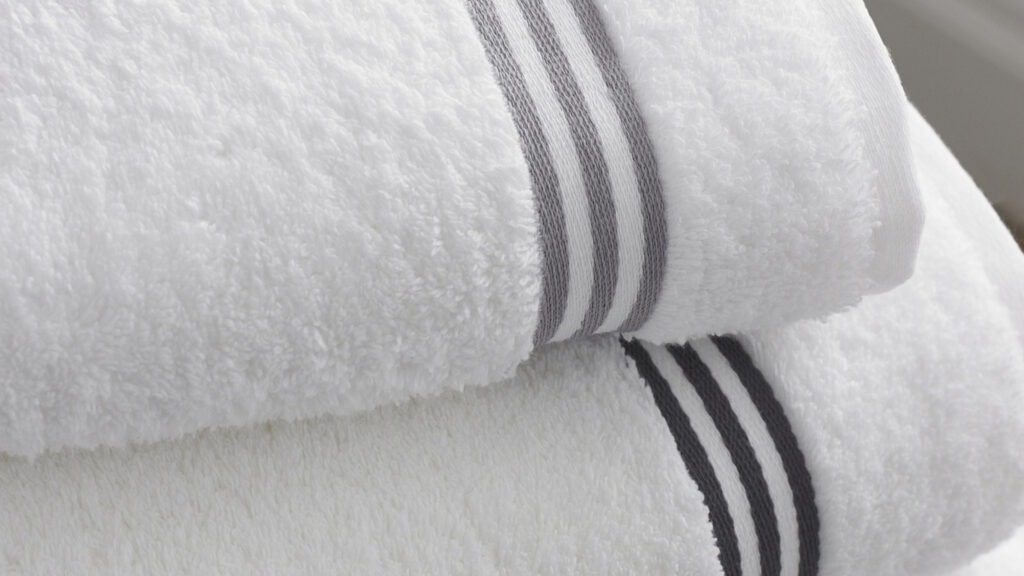
To get the best reviews, your guests want to experience beautifully pressed bed linen and soft luscious towels.
You can provide this yourself or choose to outsource this to another company. Whilst going DIY, might sound like the cheaper option, it might not be.
If you are doing it yourself, you need to consider the facilities you have to clean the laundry. Depending on the number of beds you have you might want to consider investing in industrial washers and dryers. Which will mean a large upfront cost.
You also need to remember the constant supply of washing detergent and the labour cost for whoever is doing the washing, drying and ironing. It can be a time-consuming task, which can take away focus from other jobs which you or your staff could be doing.
If you do look to outsource, costs can vary. Don’t be afraid to shop around your local area to find the best deal, many companies offer different packages and will be happy to tailor their services to your needs. As an estimate costs a typical bed change can be £ 5.85 per guest (for bedding and towels).
Related content: How do hotels keep their laundry so fresh
#4. Property Maintenance
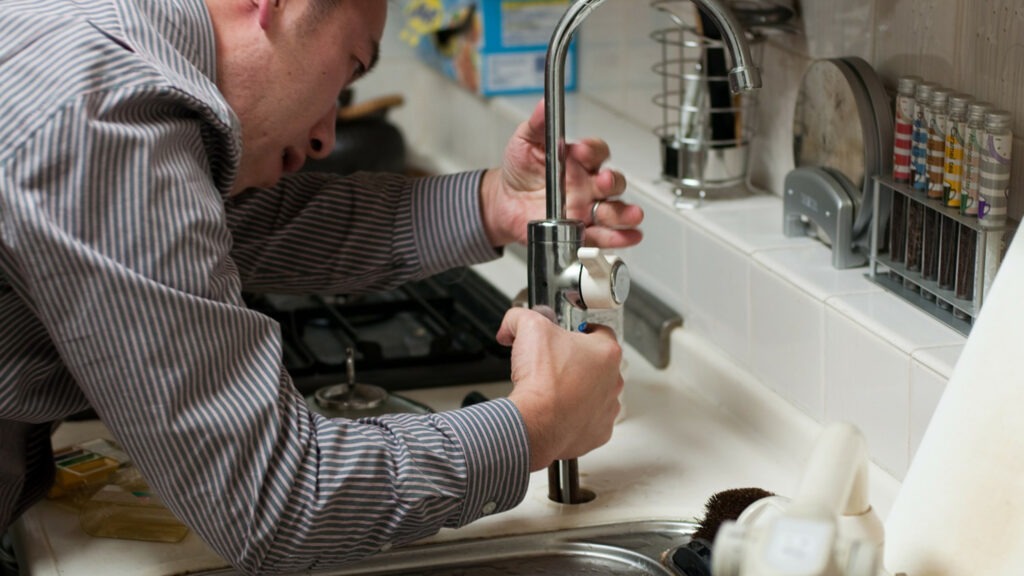
In order to keep your property in tip-top shape and your guests happy, you will have to stay on top of property maintenance.
Depending on the size of your property and your own DIY skills, you may be able to keep on top of many of the jobs yourself.
The most common maintenance jobs being cutting the grass, clearing the gutters, cutting back trees and bushes, checking smoke/CO2 detectors, cleaning any chimneys, fixing damaged furniture or fixings, replacing bulbs. Doing these jobs yourself shouldn’t cost you too much, but the time it takes may be more valuable spent elsewhere. Why run around like a headless chicken trying to do everything, when you could have someone else doing the maintenance for you?
The cost of having someone come in to keep on top of these tasks, would vary depending on who you get, the size of your property and the tasks you need done. Some tasks such as cutting the grass will need done more regularly in the summer, but others would only need done on a quarterly basis and therefore that should keep the cost down. As an estimate, you can expect costs to be anywhere from £15 to £25 pounds an hour.
#5. Marketing

Making sure people know about your business and what you offer, is key to being successful. In today’s society, where we all have information at our fingertips with the push of a button, making sure your business stands out from the crowd is key. The best way to do this is to invest into your marketing.
There are simple ways you can market your business yourself, without having to pay out an arm and a leg!
Consider making a Facebook page and sharing it on relevant group pages to attract interest to your property. Try speaking to local businesses and see if they will allow you to leave flyers or cards for people to pick up. Get your friends, family and local community onside to encourage the good old-fashioned word of mouth helping to spread information about your property.
However, if you do want to really thrive on the marketing front, there’s no way around it, you will need to spend some money. It will however pay off in the long run as good marketing, lets your business grow and flourish. We all know if we’re looking to book to go away, the first thing we do these days is to look online. So, using a marketing company who can help take your online presence to the next level, whether that be through developing your social media or creating you a website, can be a great move if you want to see fast growth for your business.
If you don’t want to commit to bringing on a team or outsourcing your marketing, why not look at listing your business on an online platform. Sites such as Booking.com and Cottages.com will market your business and list you on their sites, for a percentage of your earnings, every time somebody books through them.
Whatever you decide to do, marketing is key and it’s always worth considering spending extra money on it, when starting out in order to build awareness.
#6. Welcome Pack
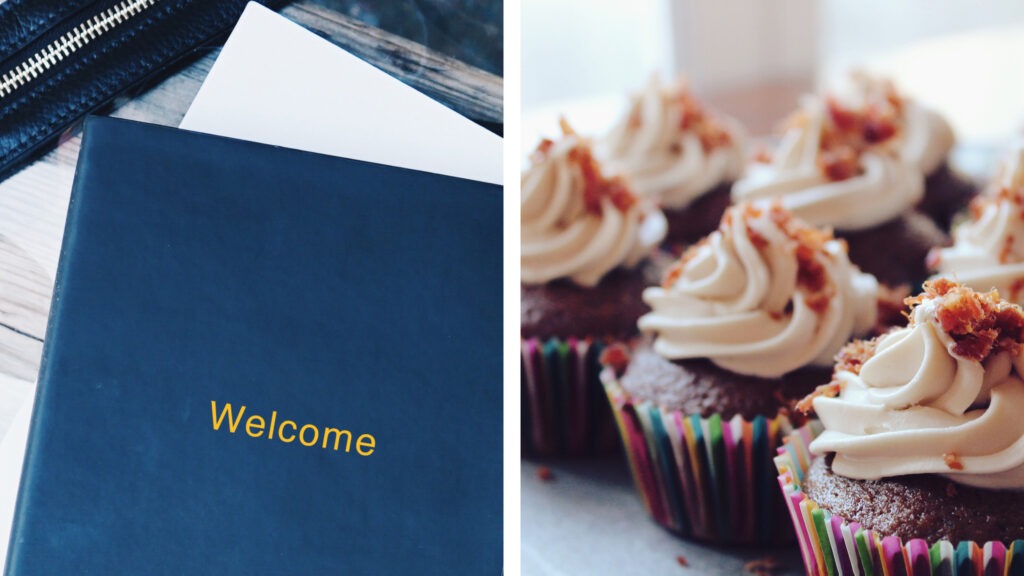
We all love those chocolates hotels leave on your pillow. And we all take joy in discovering the towel animals, our hotel maids cleverly created for us when we stay abroad.
A welcome pack is a holiday homes version of this. It’s that personal touch that allows your guests to remember you. It isn’t a necessity but it’s a nice touch.
A welcome pack doesn’t have to blow the budget, sometimes the most personal of things such as home baking or local produce are the best received. Consider buying things such as jam, honey, fruit, fresh eggs, local drinks/spirits from local stores/farm shops.
Catering for individual guests, is key. Making someone feel as though you have thought about their needs, will leave them feeling welcome and appreciated. For example, if you know guests are arriving late, leaving them a snack may be a good idea. Similarly, if you know guests are bringing a dog, leaving a dog friendly treat or toy may also be greatly appreciated.
You may also want to consider adding any instructions they might need, like how to work any awkward appliances or where spare bedding/towels may be kept. In addition leave a list of places you recommend visiting, to eat and to buy essentials. This could be especially handy if your property is in the middle of nowhere!
How much you choose to spend, is entirely up to you, but going that extra mile, even if it is with something as simple as homemade treats, will also go down well with guests and encourage positive reviews!
#7. Council Tax & Business Rates
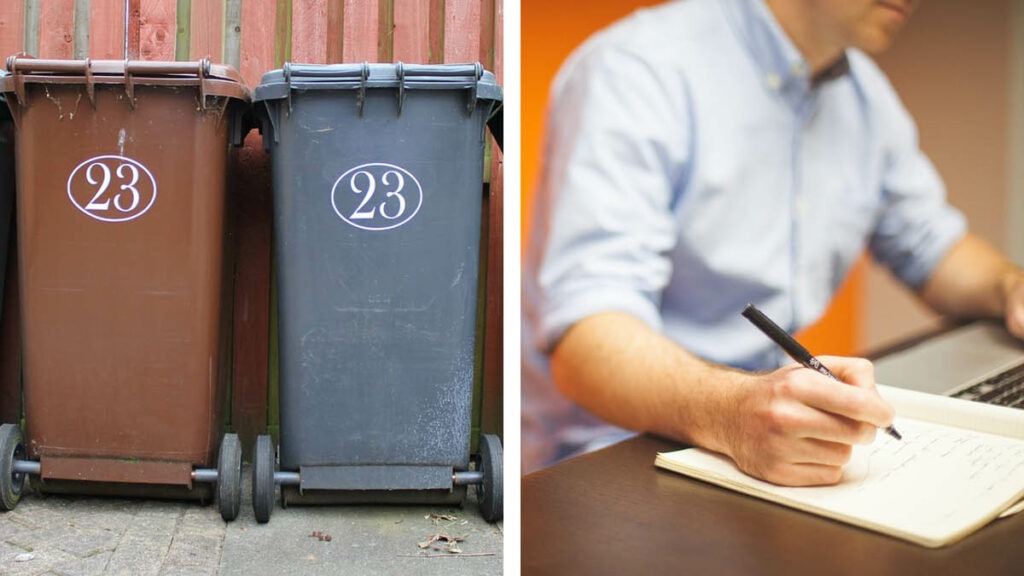
It can be confusing to figure out whether you’ll need to be paying council tax on your property or business rates. It may vary for different areas, but for example in Scotland if your business is available to let for 140 days or more of the year or cater for more than six people at one time then you may qualify for business rates. Business rates are a non domestic tax, which goes to the local area. A example cost for a weekly Council collection for commercial waste is £232 per annum. If you are unsure, make sure to contact your local assessor, who can advise you. For more information
#8.Decor & Furnishings
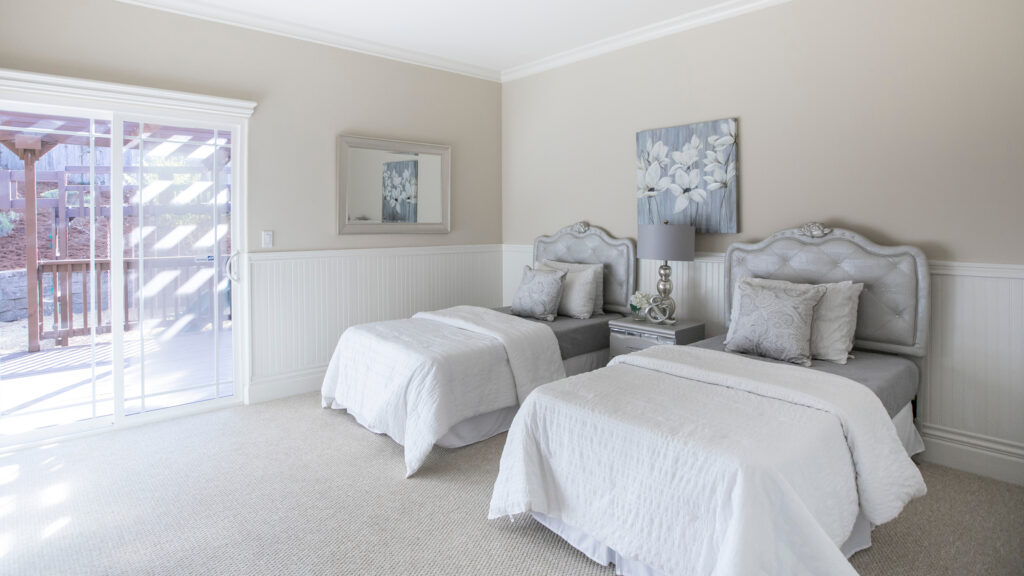
Your biggest cost for furnishing and décor, should always be when you’re initially doing up your property. Other than that, your costs should come from maintaining and freshening up the property. Furnishings won’t need changed out too often, unless you have very messy guests!
You may want to change out décor depending on the season and consider for example having a small tree at Christmas or cosy throws in Autumn/Winter. Keeping on top of décor may mean repainting walls, changing out tired wall hangings, or updating your lighting.
Keeping on top of your property shouldn’t cost you too much, especially if you have a stockpile of the paint for the walls, spare cushions, throws. You may have unexpected costs though, that can come from accidents, flooding or just disrespectful guests and this is something you need to prepare for.
#9. Refuse Collections
All businesses have a responsibility to dispose of waste correctly. Using the usual domestic waste collection services for a self catering property is unlawful. You will normally find the council will get in touch asking you whether you would like to continue with the regular council pick up for a chargeable fee. This is not your only solution, there are many commercial companies out there including One Stop Waste and Binn skips in North East Scotland so it is worth shopping about. Remember you will still have to declare to the council that you have made alternative arrangements.
#10 Expected costs
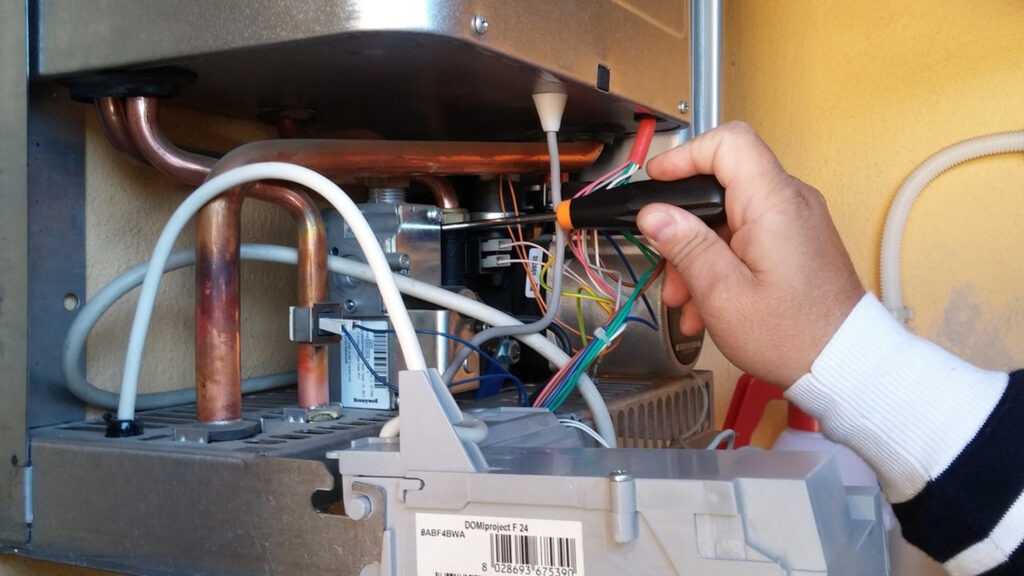
Unexpected costs for your holiday home?
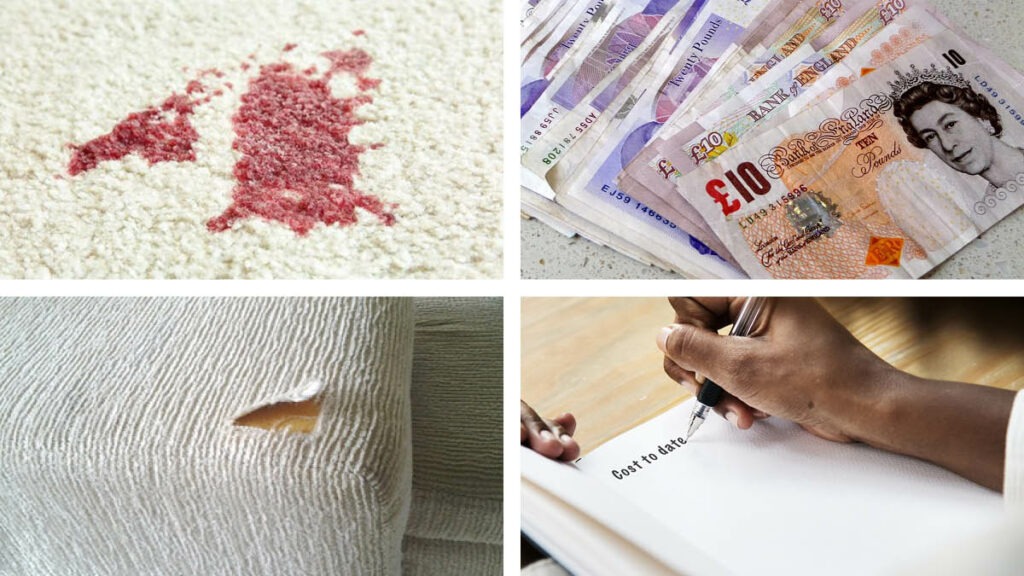
You may feel like you’ve got your budget down, you’ve considered all your outgoings, and have planned for the future financial year when an unexpected cost appears and completely throws your plans.
There are always going to be minor damages whether it be broken plates or stains on the carpet. But large damages to furniture or expensive items such as TV’s, can cost you a great deal to fix. Sometimes, the guests are at fault and if you charge a deposit, this can help go towards fixing the issue.
A boiler breakdown, can be a big issue, and can happen at any time. A last-minute call out charge can be expensive and when you haven’t budgeted for a tradesmen bill, your budget can be dramatically affected. Other issues such as a leaky roof, or plumbing issue can also bring you big a bill, especially if you have to get someone out at short notice.
Holiday Home costs On Reflection
Overall, every holiday let will vary in cost to run. The size of your property, the extras you provide and whether you outsource for help will all affect your outgoings.
When making a budget, it’s important to remember that it is not an exact science. Costs will always vary from month to month so break it down into fixed and variable costs to help keep track. Allow for some bounce, so that you can feel more confident in your investments and the potential take home profit.

